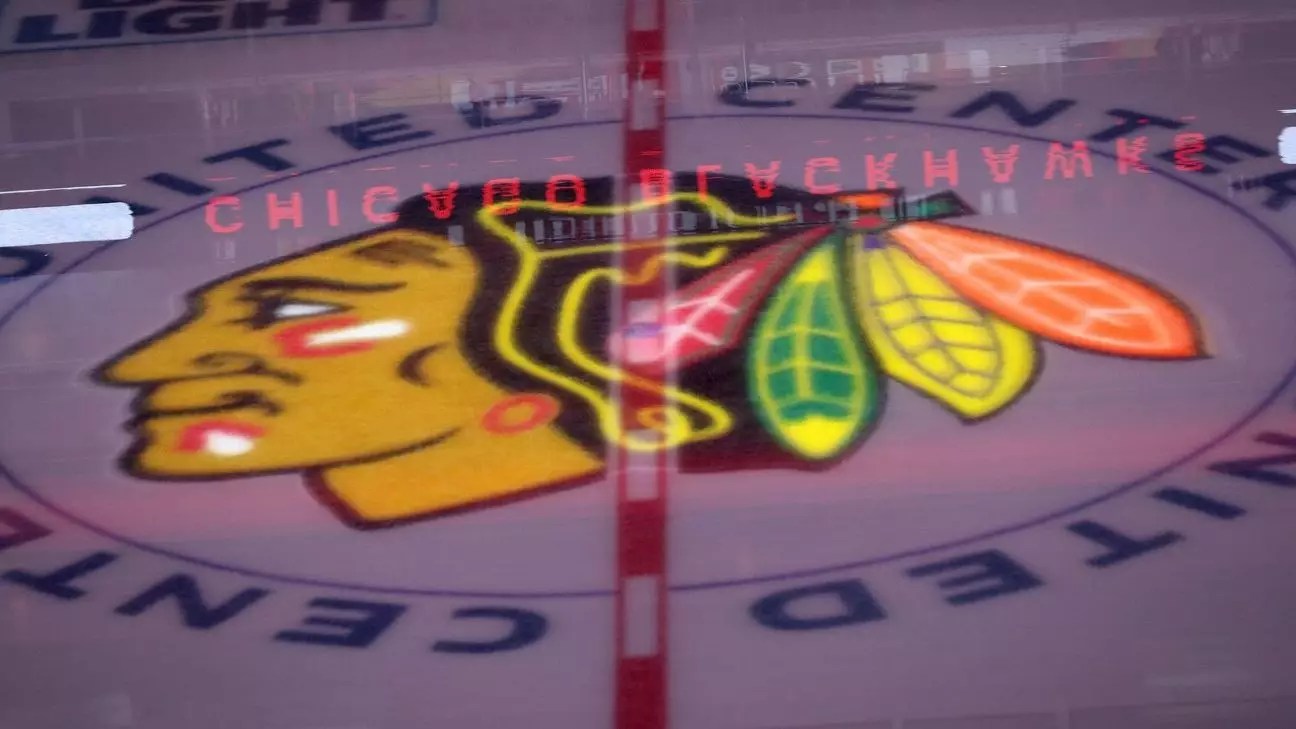The recent settlement involving the Chicago Blackhawks signifies more than a legal resolution; it exposes deep-seated systemic failures within one of the most storied franchises in professional hockey. At the heart of this controversy lies a culture that prioritized wins and organizational reputation over the safety and well-being of its players. The Blackhawks’ handling of allegations against Brad Aldrich exemplifies how institutional neglect can perpetuate trauma for victims and tarnish the integrity of the sport itself.
When examining the case, it becomes impossible to ignore the pattern of indifference that characterized the team’s response. The fact that two former players, including a prospect referred to as “John Doe,” suffered immense physical and emotional harm underscores a failure at multiple levels—coaching staff, management, and league oversight. The lawsuit’s detailed accusation that Aldrich exploited his authority to groom and abuse vulnerable players reveals a culture of abuse cloaked under the guise of team loyalty and organizational deception.
The Blackhawks’ decision to allow Aldrich to resign without facing immediate consequences highlights a troubling tendency within sports organizations: Avoidance of accountability often at the expense of victims’ justice. Moreover, the subsequent criminal conviction and Aldrich’s subsequent registration as a sex offender reinforce the gravity of the misconduct, which could—and should—have been addressed more decisively years earlier. This neglect demonstrates how systemic shortcomings, fueled by a culture of silence and protecting reputation, enable predatory behavior to persist.
Impact on the Victims and the Broader Culture
The personal toll on the victims, especially players like Kyle Beach and John Doe, is a stark reminder that behind the glamour and fervor of professional sports lie human lives marked by suffering. Beach’s courageous decision to come forward inspired subsequent investigations and exposed the extent of organizational complicity. His lawsuit and public disclosures sparked a nationwide conversation about accountability, especially regarding how sports organizations respond to allegations of abuse.
The injuries suffered by John Doe—both physical and psychological—are emblematic of how institutional negligence can cause ongoing harm long after the initial incident. These cases question the ethical responsibilities of sports teams to prioritize player safety over their competitive ambitions. It is increasingly evident that the league’s superficial responses, including administrative resignations and apologies, often serve as window dressing rather than substantive reform.
The investigation conducted by Jenner & Block, which revealed “inadequate internal procedures,” opened a window into how sports organizations frequently adopt reactive rather than proactive policies. The resulting fine of $2 million by the NHL was a symbolic acknowledgment but failed to offer meaningful change without a thorough cultural overhaul. The real issue extends beyond individual misconduct—it manifests as a pervasive organizational mindset that systematically minimizes the seriousness of abuse allegations.
Reintegrating Leaders and Charting a New Path
The NHL’s decision to reinstate former executives such as Bowmen and Quenneville, despite their acknowledged roles in the previous mishandling, reflects a controversial stance on accountability and redemption. While the league emphasizes their participation in personal development programs, skeptics argue that such gestures may excuse or diminish the gravity of past failures. The question remains whether true accountability has been achieved or if this is merely a strategic move to restore organizational image.
Bowman’s subsequent hire as Edmonton Oilers’ general manager and Quenneville’s return to coaching with the Anaheim Ducks demonstrate that the league still values hockey expertise, sometimes at the expense of moral questions. This juxtaposition raises a fundamental dilemma: How should professional sports balance talent with integrity? The decision to bring back high-ranking officials implicated in organizational failures suggests that, for some teams, winning and leadership credentials still outweigh the importance of fostering a safe and respectful environment.
From a broader perspective, this pattern signals a need for profound cultural change within hockey and other sports. Genuine reform requires more than superficial apologies and disciplinary actions. It demands a redefinition of leadership responsibilities, comprehensive safeguarding policies, and a cultural shift that prioritizes safety, transparency, and accountability above all else. Only then can the sport reconcile its storied history with a future that refuses to tolerate misconduct—a future that demonstrates unwavering commitment to the dignity and safety of every athlete.

